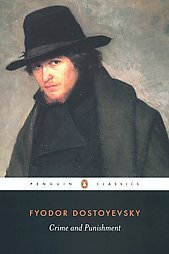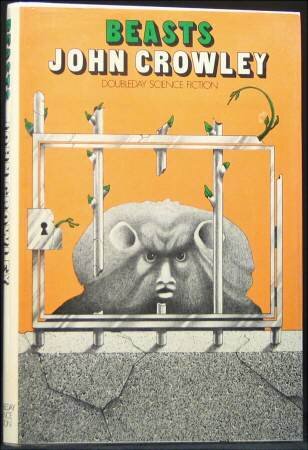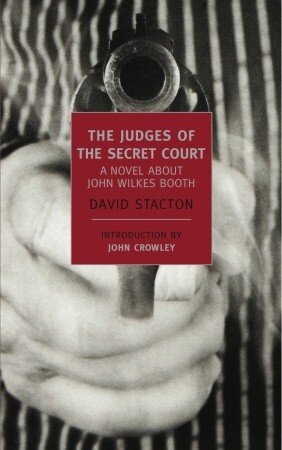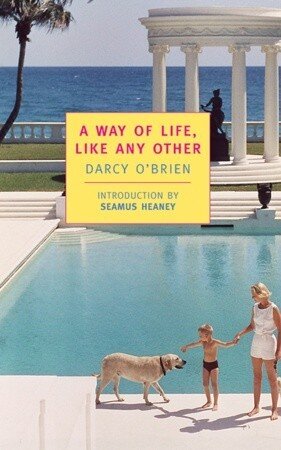Books I Read February 21st, 2021
Last week I read the following...
Saint Peter's Snow by Leo Perutz – A doctor in pre-war Austria has a gothic adventure in an wind-swept Silesian village/anticipates the discover of LSD/explains European history in this slender classic by an unjustly forgotten genius. Everything I read by Perutz is fabulous.
The Fox in the Attic by Richard Hughes – An immature Englishman sojourns to Munich two weeks before the Beer Hall Putsch, encountering a variety of people and circumstances serving as a synecdoche for larger European circumstances. I thought it was a little too neat.
Little Apple by Leo Perutz – A fanatical Austrian's single-minded pursuit of revenge leads him across the devastated landscape of post-war Europe. This reads like some mad amalgamation of Borges and Graham Greene, and if that doesn't hook you you should stop reading my reviews.
Rupert Wong, Cannibal Chef by Cassandra Khew – A magical trickster type has some breezy, bloody noir type adventures in a fantastical Kuala Lumpur. I hesitate to use the term palate cleanser for obvious reasons but this was quick and fun and nasty.
The Swedish Cavalier by Leo Perutz – A nameless man aspires above his station in this bleakly beautiful fable. Just gorgeous. Perutz was a fabulous talent, I don't understand why he hasn't been rediscovered.







































































































































































